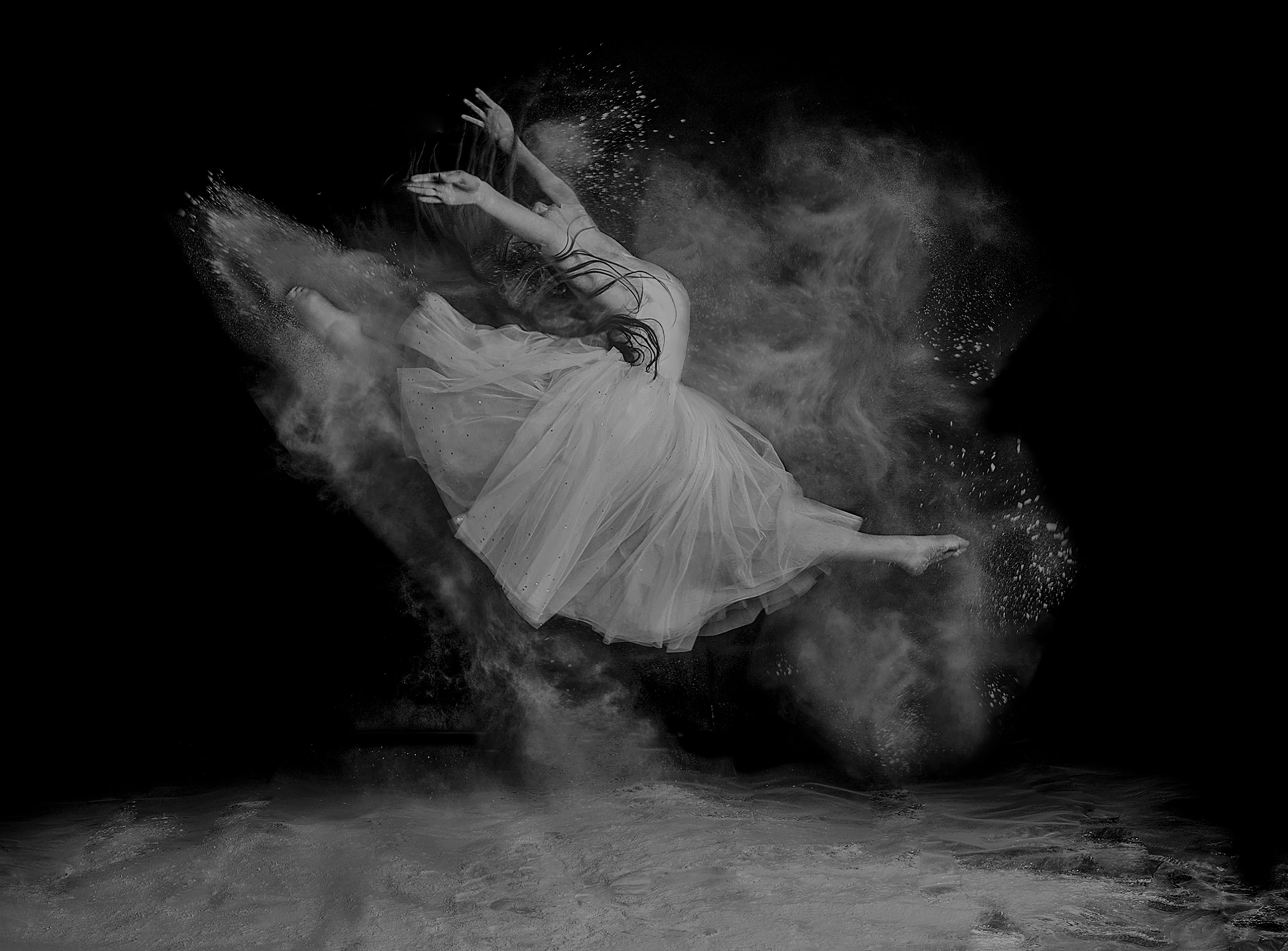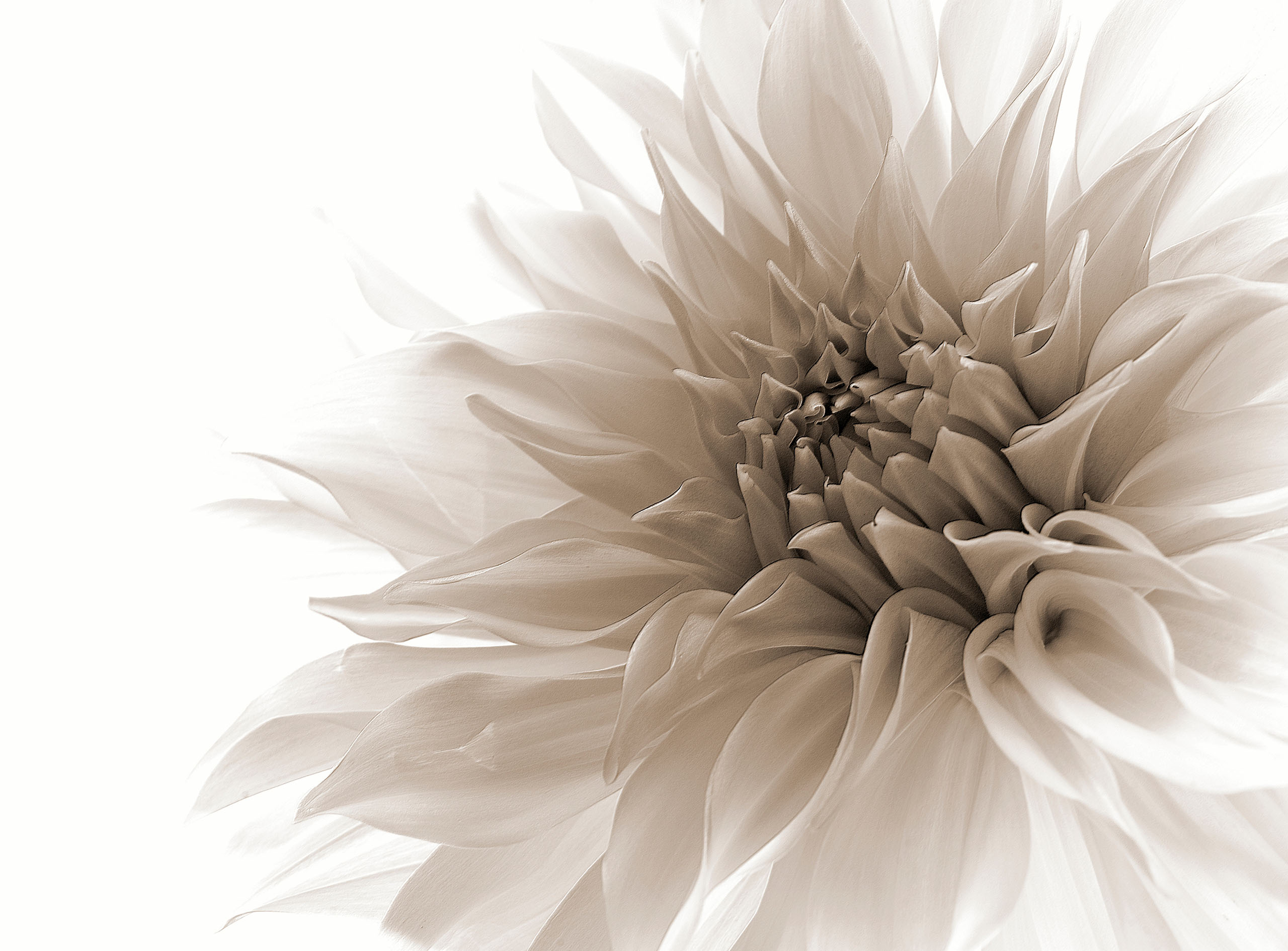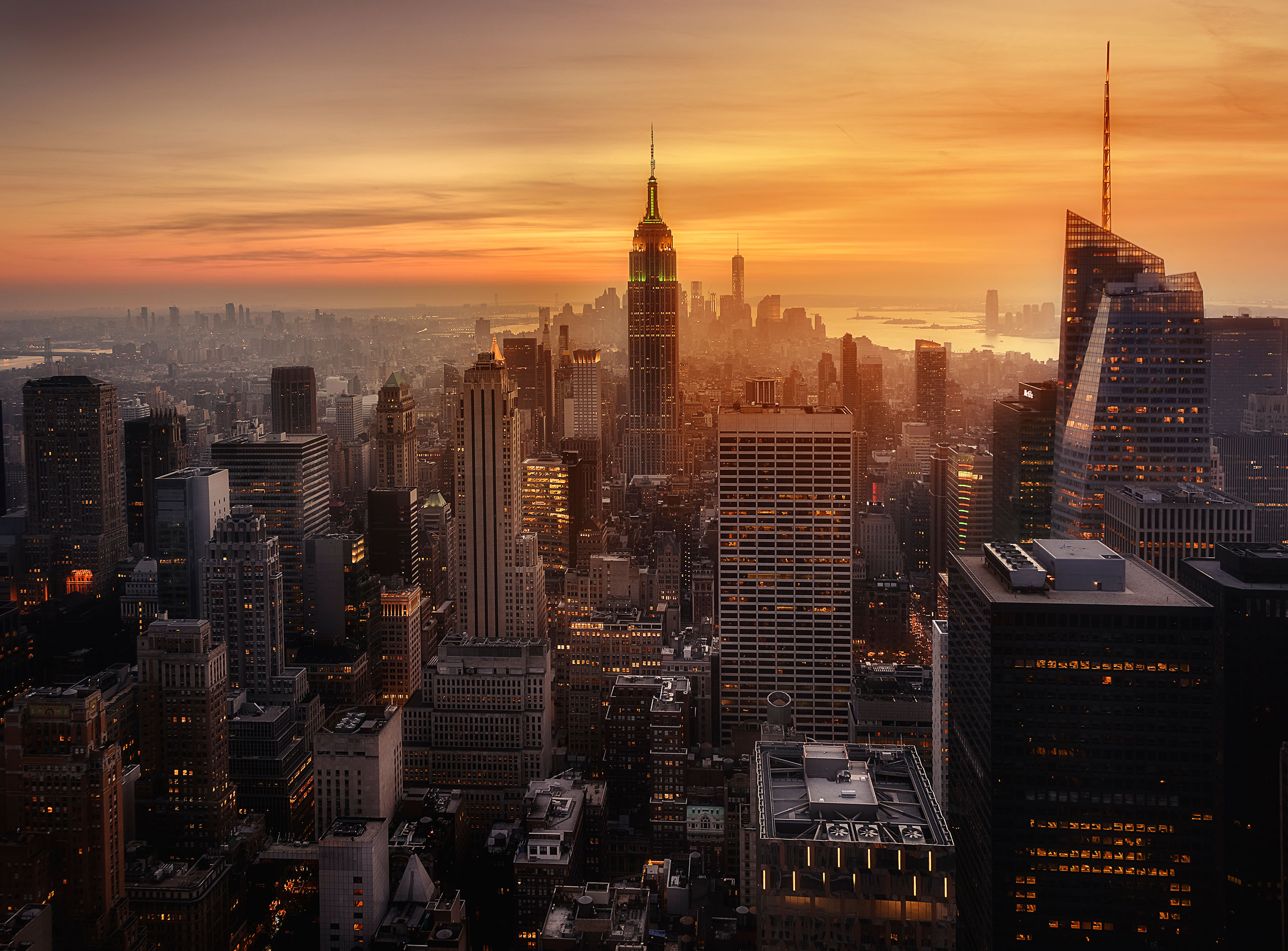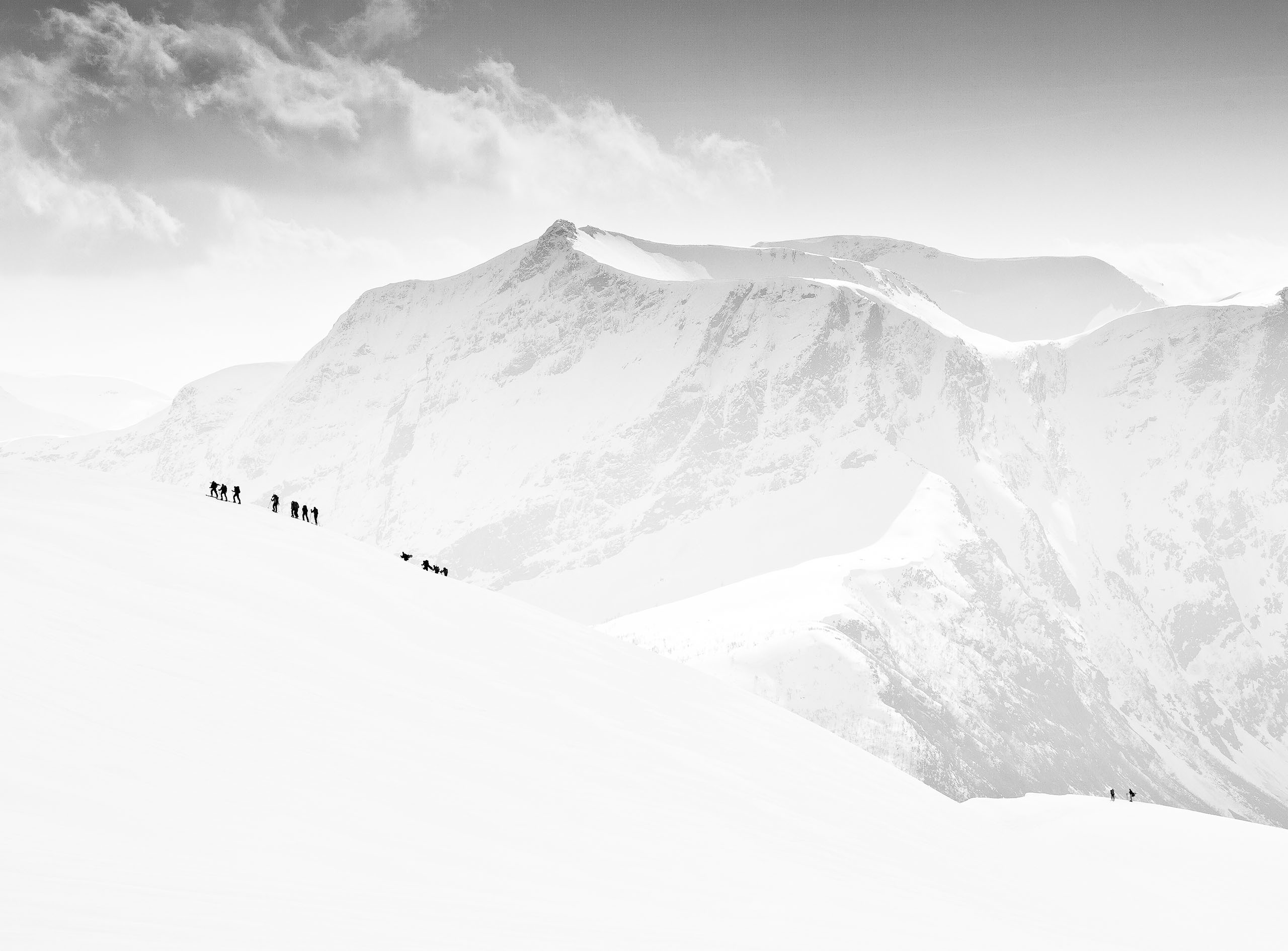it's a pity we don't get notifications I almost missed this one...
I'm not sure if it is specific for photographers.
From an 'art' perspective the technique as such isn't really important, what counts is the final results. From a perspective of art-history and social history it is interesting to work on and with definitions, because it can help seeing things and explaining things.
And I'm not sure if photographers are insecure about photography in relation to other art forms...
I don't think it's important to define what a photgraph is in terms of artistich appreciation. But trying to understand what (digital) photography is and the way it has influenced (and is influencining) how the world we live in is represented and by whom is an interesting subject.
So the definition and understanding of photography for me is not important from the perspective of art, but from the perspective of communication and documentation, and in a way democratization of the ability to share the way people from all walks of life can show their (visual) vision on the world they and we live in.
[/quote]
What he asked about was Photography...we talked about this thread. ) I should mention he absolutely loves photography, and watches film after film with me. Though he rarely takes pictures. So yes, you can apply it to many things...but his question to me was simply..
How come people do not ask what is a painting?
I agree with all of what you have said.. Yes, I dont think you have answered his question...or am I wrong about this?
Bill likes to learn and read about different masters/techniques etc..so I think he would agree with you on many of the points you make..but still...Do Painters have these kinds of conversations...
What is a painting.?
Yet there are all different kinds of them...over the centuries...
A painting can be reproduced millions of times in print...but still we know that it is a print of a painting.
Of course paintings can be shared equally as easily on line as photos.
You explain the differences between photo and paintings quite well I think..but neither was that his question...
He just wants to understand why a photographer would find it necessary to ask...What is a picture? :)
As for history...and what you describe paintings do this also.
And all the rest you wrote I also agree with that too...
On a personal level I do think photography - even the worst kind - is an art form....to someone...
What I am not so sure of and perhaps this is why I could not answer him so easily...I just smiled..is this...
Why woud be separate out different types of photography - and call some
the real photography and others the not so real photography...and what is and is not real is different for different people.
For someone like him...he would agree with you - then when he looks at is the end result that is what makes him decide if it seems artistic to him..and he really has no concern at all as to how it was done..
This is how it translates when we look at pictures on One X...as I go through the days photos he might make a sound...to indicate it is okay...but when I hit on something he likes..a lot then he will say - yes..that is great and he will say what he likes about it.. If I were to say...its a composite by now he just says...oh please don't start that again..Who cares - its a wonderful moving image.
Or sometimes he picks something quite out of focus and I will point out tht it is not quite in focus..and he just says....I can see it....and I like it..and this enough..why must the eyes be sharp?
I share this with you because Bill is an artist - he writes poetry most of which is now published on a regular basis,and he draws...with watercolor pencils..mostly.
I think I would say if you take the lens cap off the camera and you point it in a direction where there is enough light to create an image...then you have a picture. That is what a picture is. If you choose to put ten of them together using your digital darkroom, and make one from it..you still have nothing more than a picture...Now if you start to do other things to it..ahh..different story.
And still I cannot really answer Bill's question about insecurity. I do not have the answer. This is why I asked others..:)
Thanks for your wonderful reply I will read it to him.
Phyl







